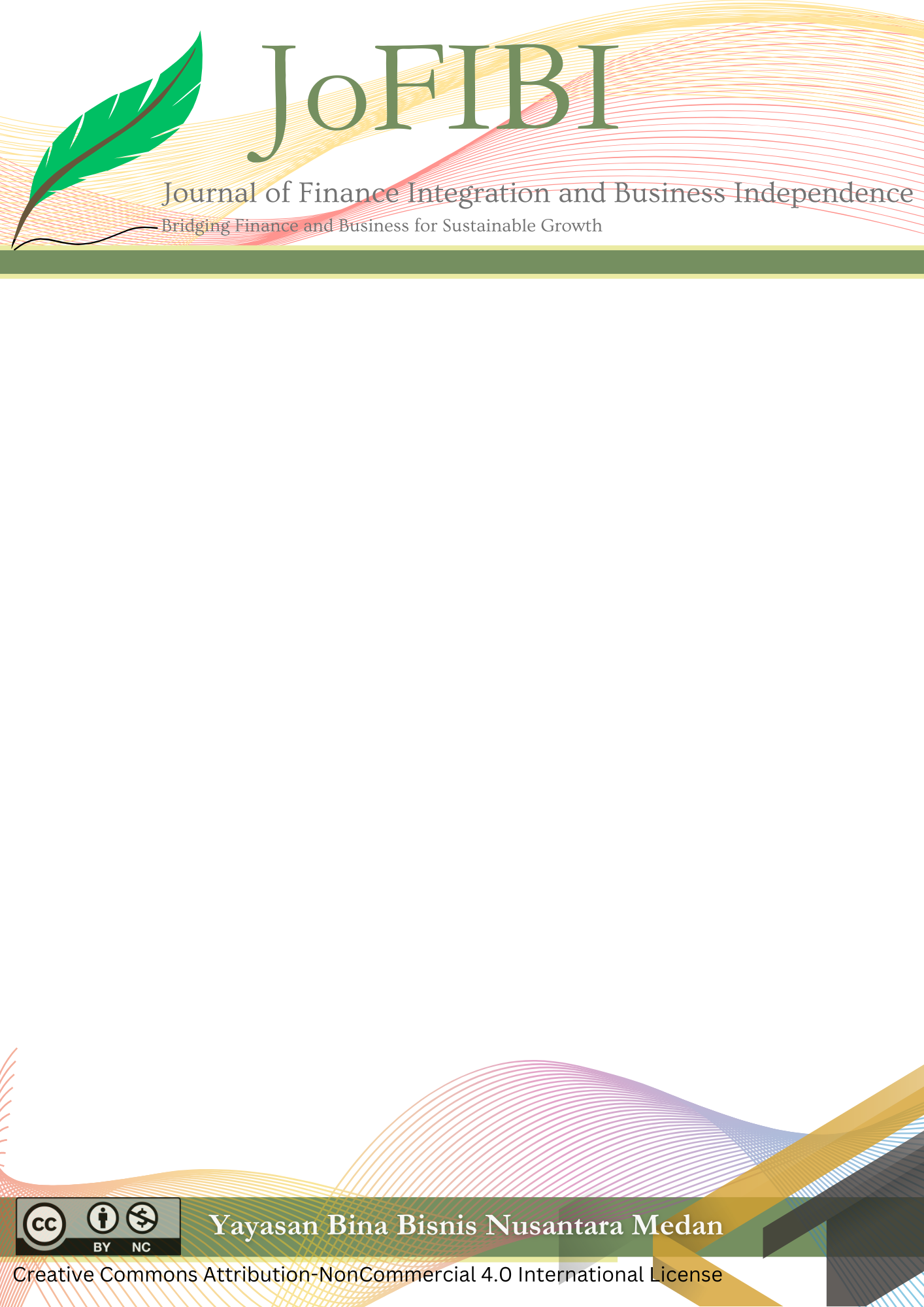E-ISSN: 3090-2746


JoFIBI aims to be a publication of high quality. Standards and integrity are considered paramount for all published material. The journal adopts the best practice guidelines on the ethics of scholarly publishing as outlined by the COPE. Authors, Editors, Reviewers, and the Publisher have the responsibility to act in accordance with the following:
JoFIBI follows COPE guidelines for addressing allegations of ethical misconduct, including:
Procedures:
Notification: Readers will be clearly informed of the nature of the correction or retraction through transparent announcements.
Authors must ensure their research complies with ethical standards, including:
By adhering to these principles, JoFIBI upholds the integrity, transparency, and quality of its publication process, ensuring trust and credibility among authors, reviewers, and readers worldwide.
E-ISSN: 3090-2746


CALL Me

Information
Journal of Finance Integration and Business Independence (JoFIBI)
 JoFIBI is licensed under a Creative Commons Attribution-NonCommercial International License
JoFIBI is licensed under a Creative Commons Attribution-NonCommercial International License
Published by:
YAYASAN BINA BISNIS NUSANTARA MEDAN
PERUM SRI GUNTING BLOK VA/7 Kel. SEI BERAS SEKATA
Kec. Sunggal, Kab. Deli Serdang Sumatera Utara 20128
email : adminfibi@nafasjournal.com
